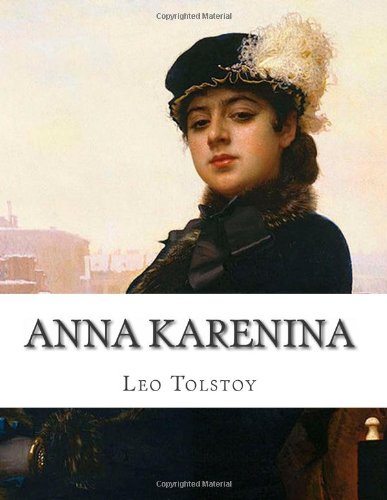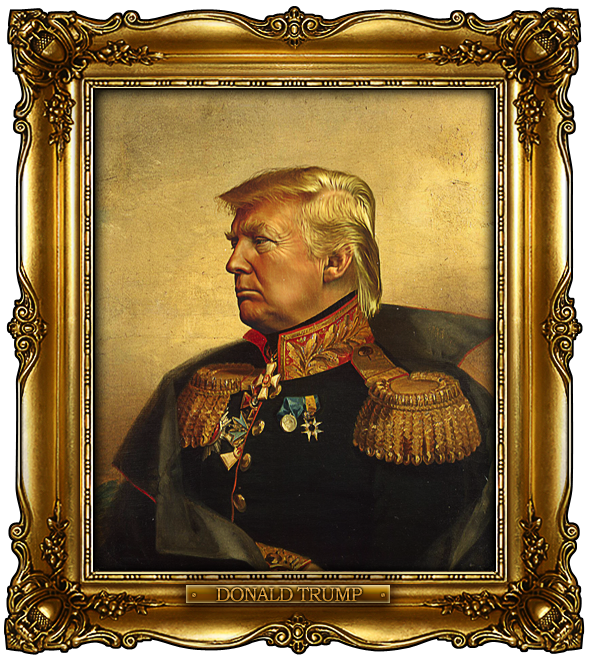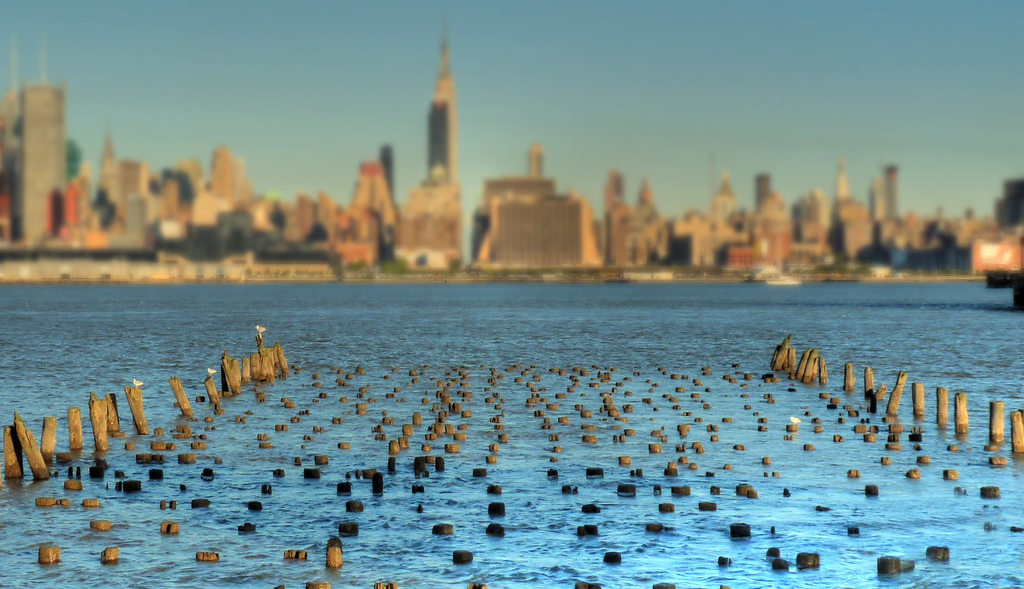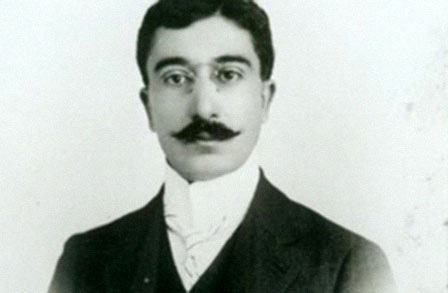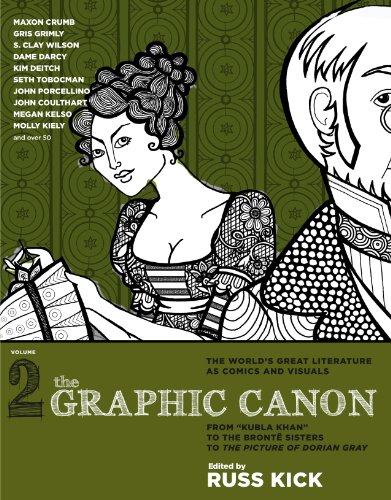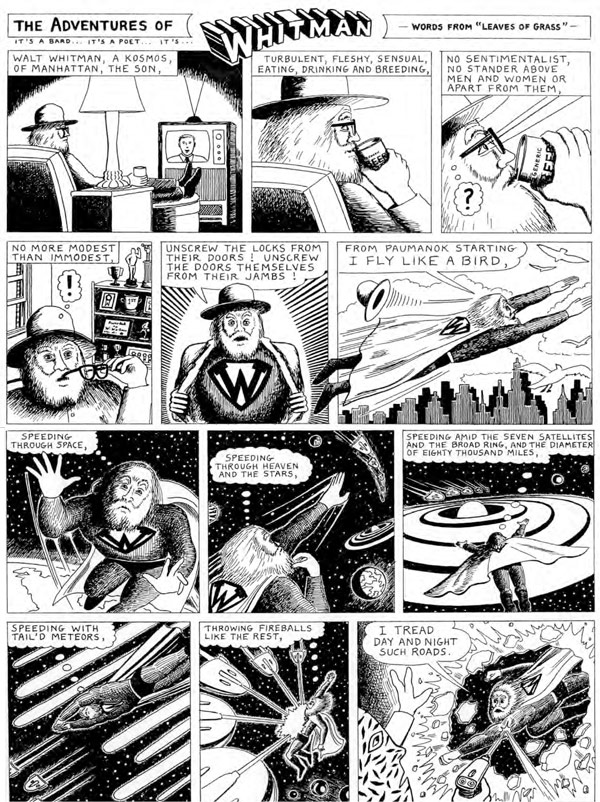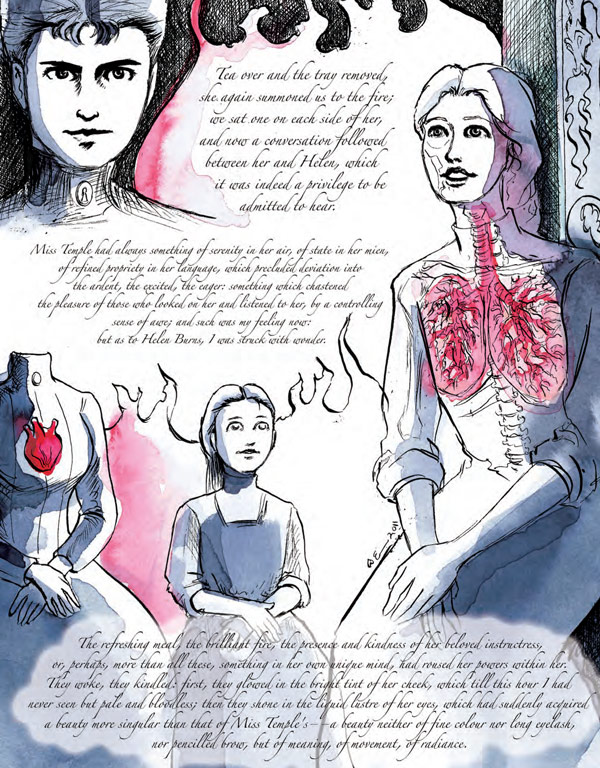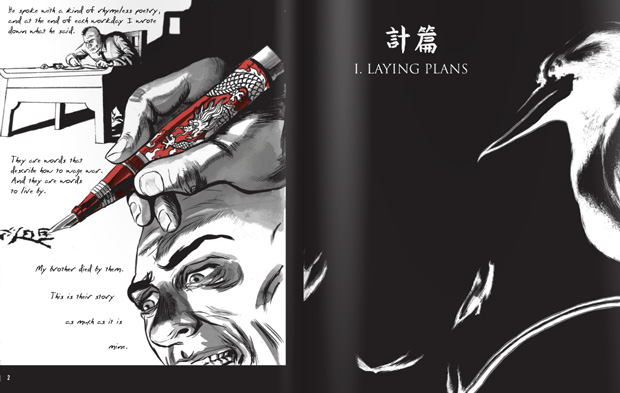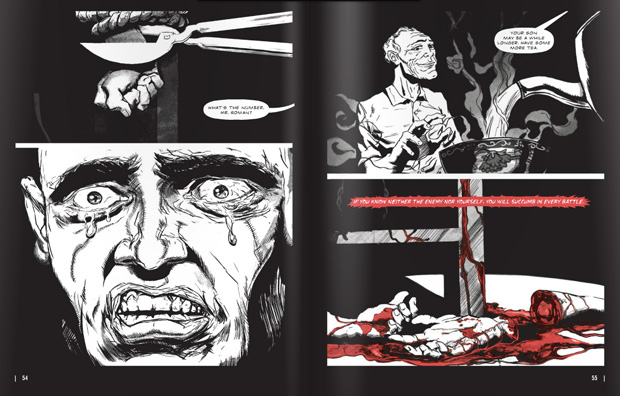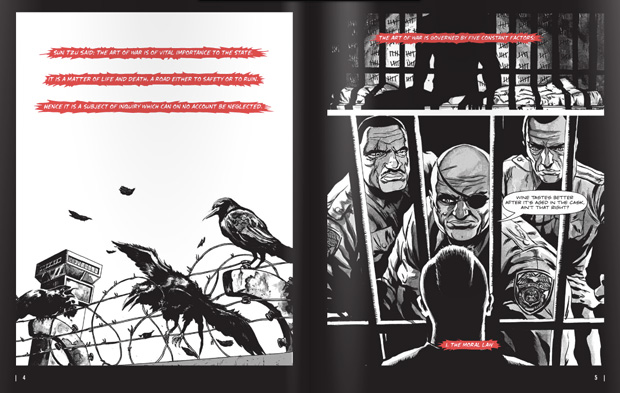There is a great list over on American Book Review of first lines of novels in English.
Here's the top ten (and a few other favorites)...
1. Call me Ishmael. —Herman Melville, Moby-Dick (1851)
2. It is a truth universally acknowledged, that a single man in possession of a good fortune, must be in want of a wife. —Jane Austen, Pride and Prejudice (1813)
3. A screaming comes across the sky. —Thomas Pynchon, Gravity's Rainbow (1973)
4. Many years later, as he faced the firing squad, Colonel Aureliano Buendía was to remember that distant afternoon when his father took him to discover ice. —Gabriel García Márquez, One Hundred Years of Solitude (1967; trans. Gregory Rabassa)
5. Lolita, light of my life, fire of my loins. —Vladimir Nabokov, Lolita (1955)
6. Happy families are all alike; every unhappy family is unhappy in its own way. —Leo Tolstoy, Anna Karenina (1877; trans. Constance Garnett)
7. riverrun, past Eve and Adam's, from swerve of shore to bend of bay, brings us by a commodius vicus of recirculation back to Howth Castle and Environs. —James Joyce, Finnegans Wake (1939)
8. It was a bright cold day in April, and the clocks were striking thirteen. —George Orwell, 1984 (1949)
9. It was the best of times, it was the worst of times, it was the age of wisdom, it was the age of foolishness, it was the epoch of belief, it was the epoch of incredulity, it was the season of Light, it was the season of Darkness, it was the spring of hope, it was the winter of despair. —Charles Dickens, A Tale of Two Cities (1859)
10. I am an invisible man. —Ralph Ellison, Invisible Man (1952)
31. I am a sick man . . . I am a spiteful man. —Fyodor Dostoyevsky, Notes from Underground (1864; trans. Michael R. Katz)
65. You better not never tell nobody but God. —Alice Walker, The Color Purple (1982)
68. Most really pretty girls have pretty ugly feet, and so does Mindy Metalman, Lenore notices, all of a sudden. —David Foster Wallace, The Broom of the System (1987)




